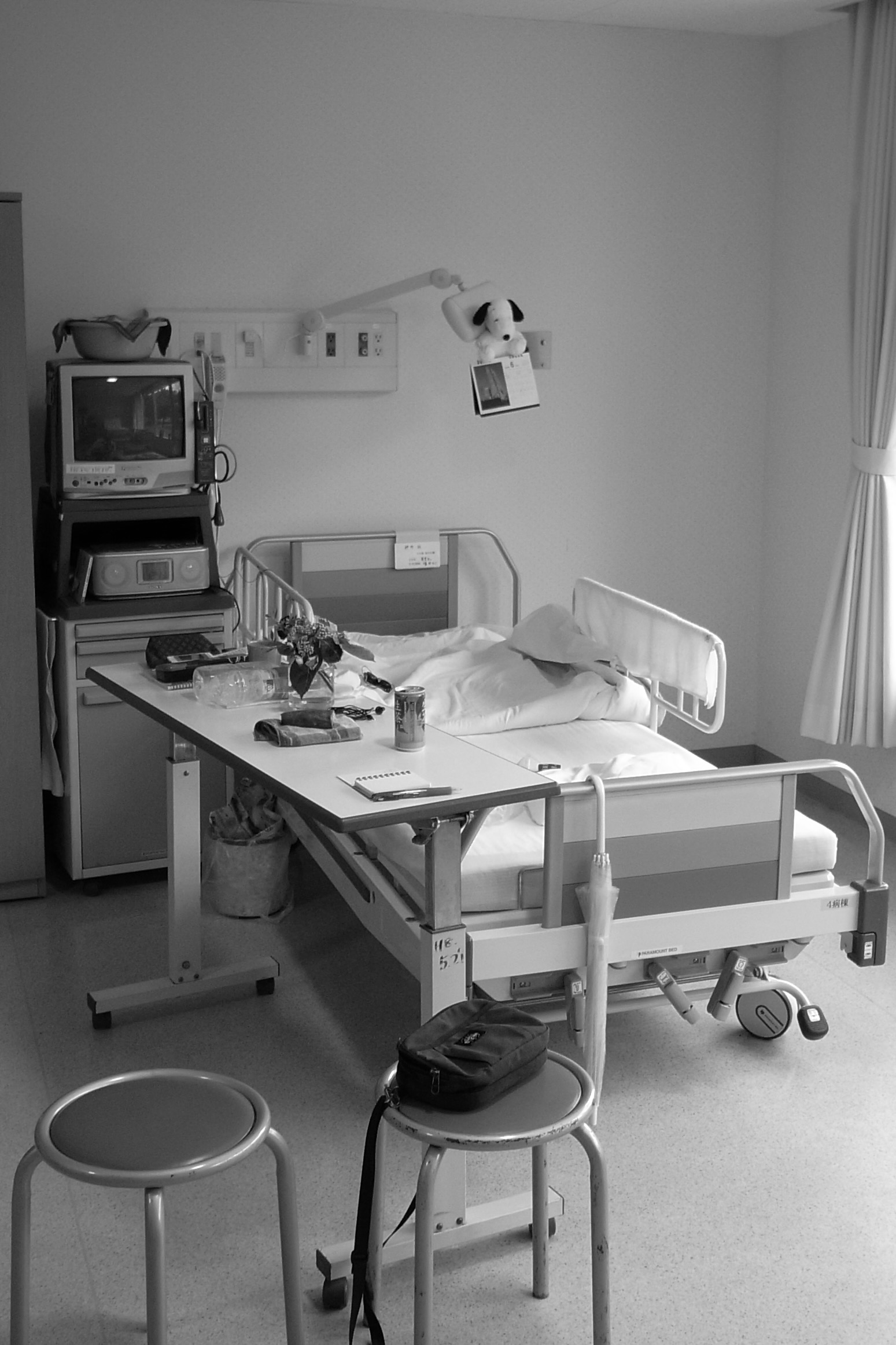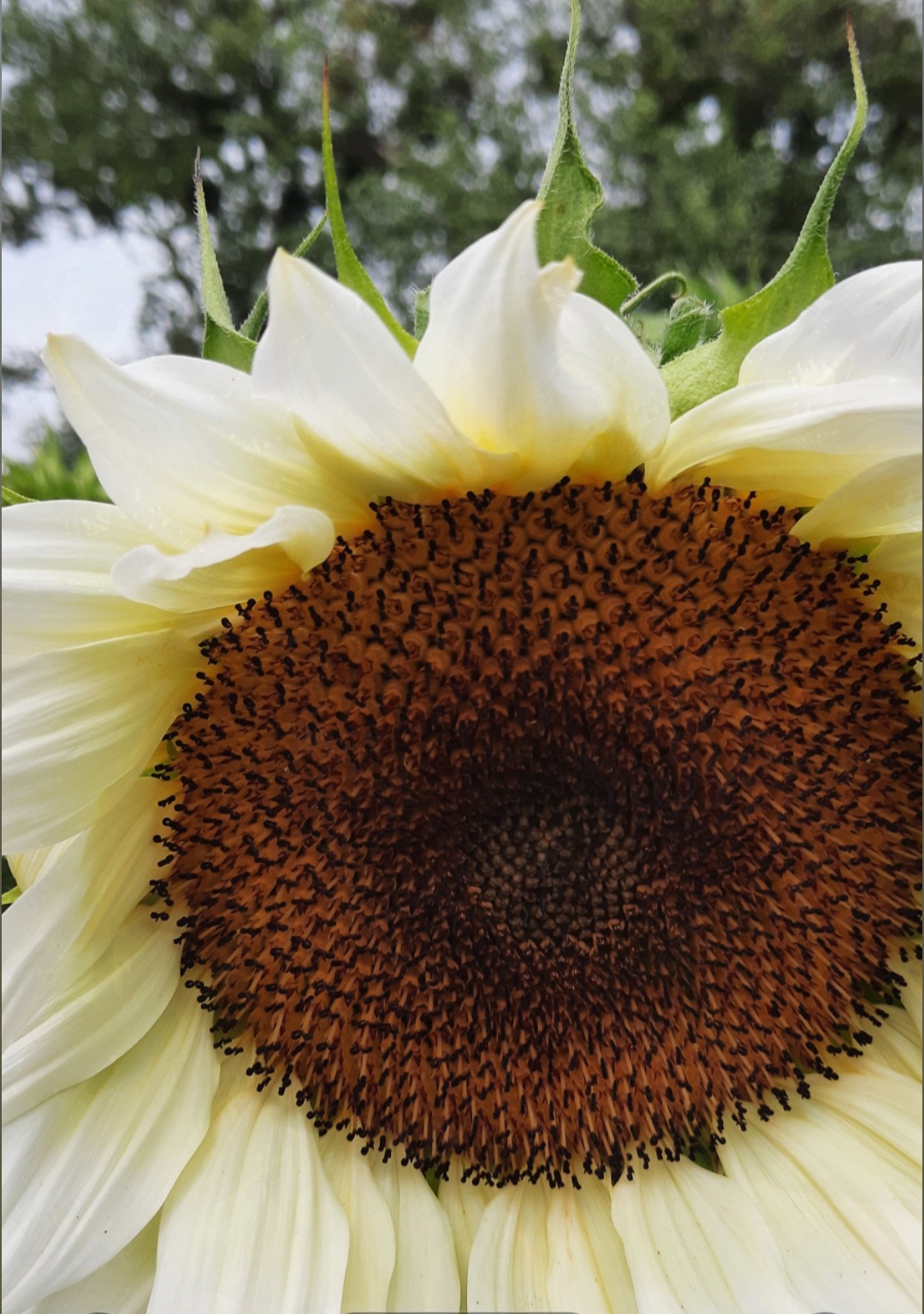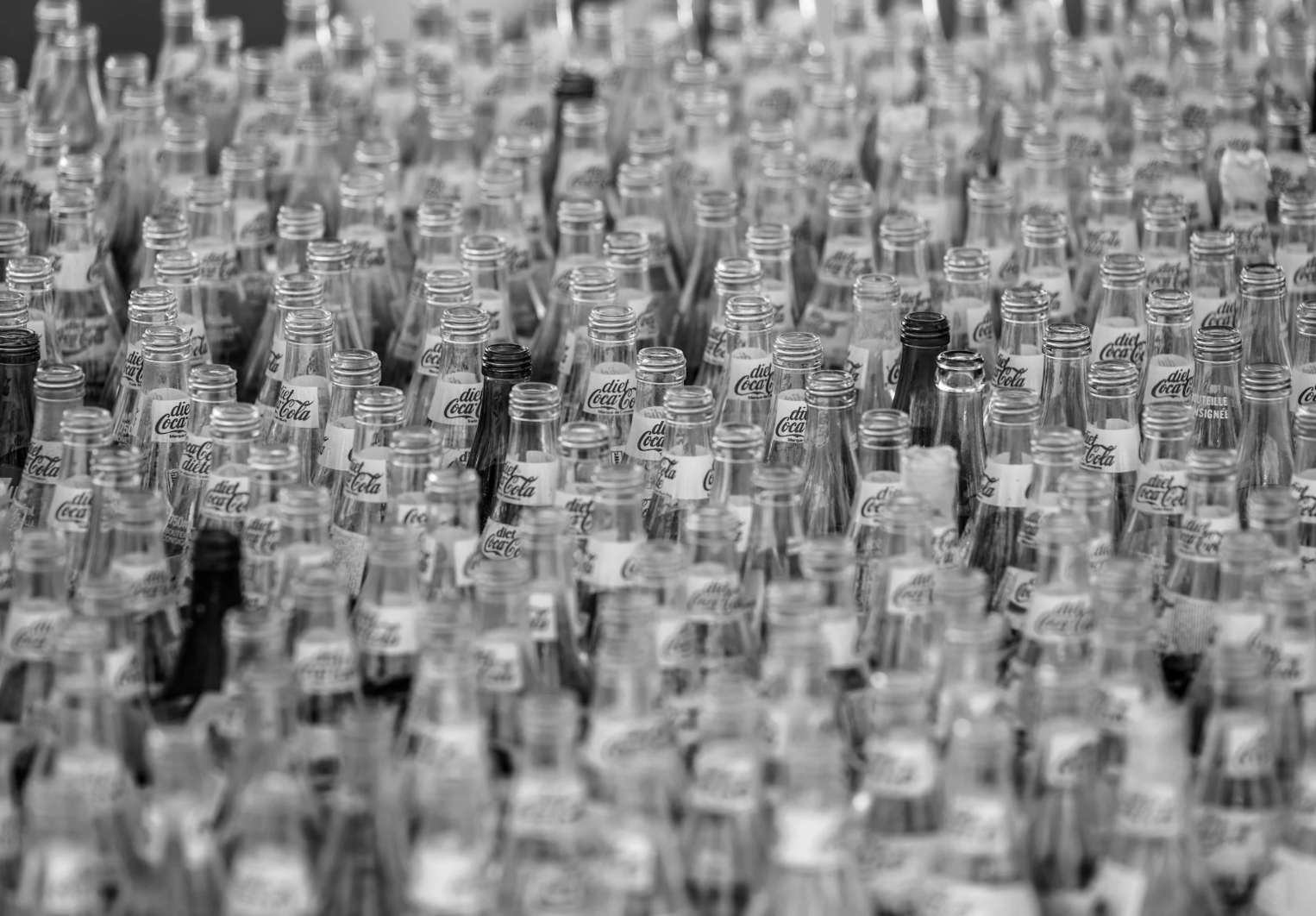On the last day, let there be a fat inhalation
of delight between the lap of our sunrise.
As the tongue separates the doubt from the cream,
let pleasure sift through the metal strainer of time. Only
hours now. Waiting for the thin people in my life to die,
I read a magazine, have sex, smoke a cigarette and
ride the elevator down to the lobby. We’ve only minutes
now. Having nothing against them, personally, unlike art
they don’t improve much upon the original form. Why
was I only ever awake to the past, my past selves asleep
to what was plentiful? Exiting the lobby for the corner
store, I pass an absurdity of them. Only seconds now, staunchly
insisting their last instance be tailored to fit. Their paper lips
fanning the tulle hem of my dress, red, for the rest of us,
mere moments away from freedom, from this fine tyranny. If only
for a short while, as they begin to shrivel and wilt. Oh
mercy of the thin breeze. On this day, lovelies, we will be free
when the food runs out.
Omotara James is an artist, editor, and educator based in NYC. She is the author of Song of My Softening. Her work has received support from various organizations, including the African Poetry Book Fund, New York Foundation for the Arts, Lambda Literary, and Cave Canem Foundation.




